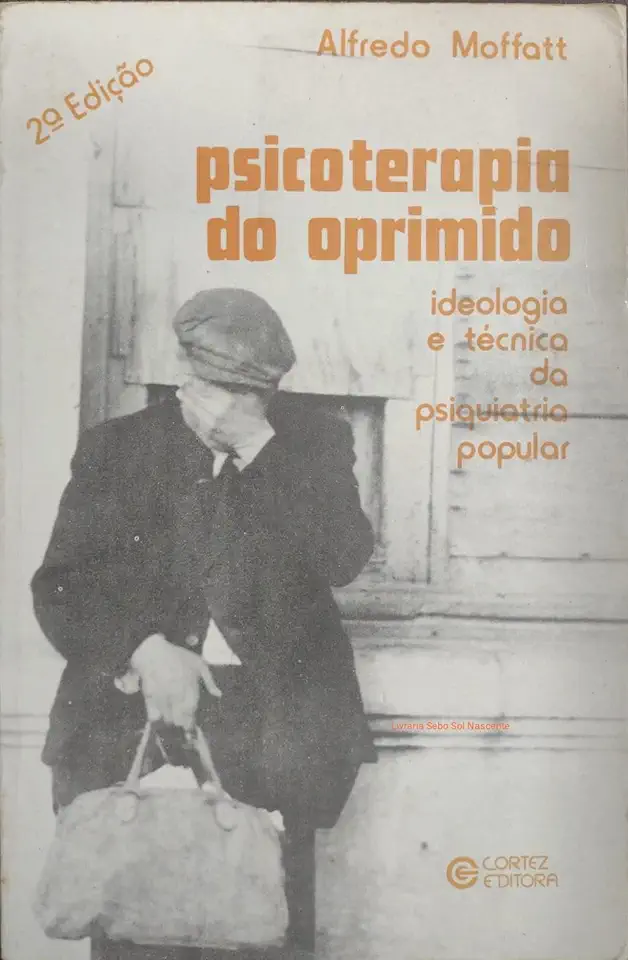
Psychotherapy of the Oppressed - Alfredo Moffatt
Psychotherapy of the Oppressed: A Revolutionary Approach to Healing and Liberation
In "Psychotherapy of the Oppressed," Alfredo Moffatt presents a groundbreaking and transformative approach to psychotherapy that centers the experiences and struggles of oppressed individuals and communities. Drawing on his extensive clinical experience and deep understanding of social justice issues, Moffatt argues that traditional therapeutic models often fail to address the systemic roots of suffering and perpetuate oppressive power dynamics.
Understanding Oppression and Its Impact on Mental Health
Moffatt begins by defining oppression as a systematic and institutionalized form of domination that marginalizes and dehumanizes certain groups of people based on factors such as race, class, gender, sexual orientation, or disability. He emphasizes that oppression not only affects individuals' external circumstances but also deeply impacts their psychological well-being, leading to a range of mental health challenges, including anxiety, depression, trauma, and addiction.
Critique of Traditional Psychotherapy
Moffatt critiques traditional psychotherapy approaches for their tendency to focus on individual pathology and adjustment to the status quo, rather than addressing the underlying social and political factors that contribute to oppression. He argues that this approach often reinforces the power dynamics that perpetuate oppression, leaving clients feeling isolated, disempowered, and unable to effect meaningful change in their lives.
A Revolutionary Therapeutic Framework
Moffatt proposes a revolutionary therapeutic framework that challenges the traditional power dynamics between therapist and client. He emphasizes the importance of collaboration, mutual respect, and the recognition of the client's expertise in their own experiences. This approach aims to empower clients to critically examine the systems of oppression that shape their lives, develop a sense of collective identity, and work towards social transformation.
Key Features of the Psychotherapy of the Oppressed
Moffatt outlines several key features of his therapeutic approach, including:
- Critical consciousness: Raising awareness of the social and political roots of oppression and challenging internalized oppression.
- Empowerment: Fostering a sense of self-efficacy and agency, enabling clients to take control of their lives and work towards change.
- Solidarity: Building connections and alliances with others who share similar experiences of oppression, fostering a sense of collective identity and support.
- Praxis: Engaging in concrete actions and strategies to challenge oppressive systems and create social change.
Case Studies and Examples
Moffatt provides compelling case studies and examples from his clinical practice to illustrate the transformative power of his approach. These cases demonstrate how clients are able to overcome internalized oppression, develop resilience, and become agents of change in their communities.
A Call to Action for Therapists and Activists
"Psychotherapy of the Oppressed" serves as a call to action for therapists, activists, and all those committed to social justice. Moffatt challenges readers to critically examine their own roles in perpetuating or challenging oppression and provides practical tools and strategies for incorporating principles of liberation into their work.
Conclusion
"Psychotherapy of the Oppressed" is a must-read for anyone seeking a transformative approach to psychotherapy that centers the experiences of oppressed individuals and communities. Moffatt's revolutionary framework offers a powerful pathway towards healing, liberation, and social change.